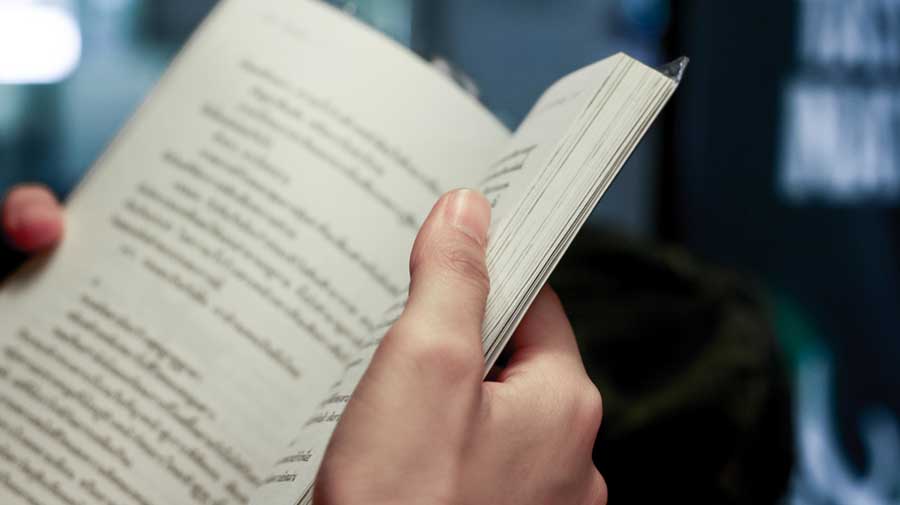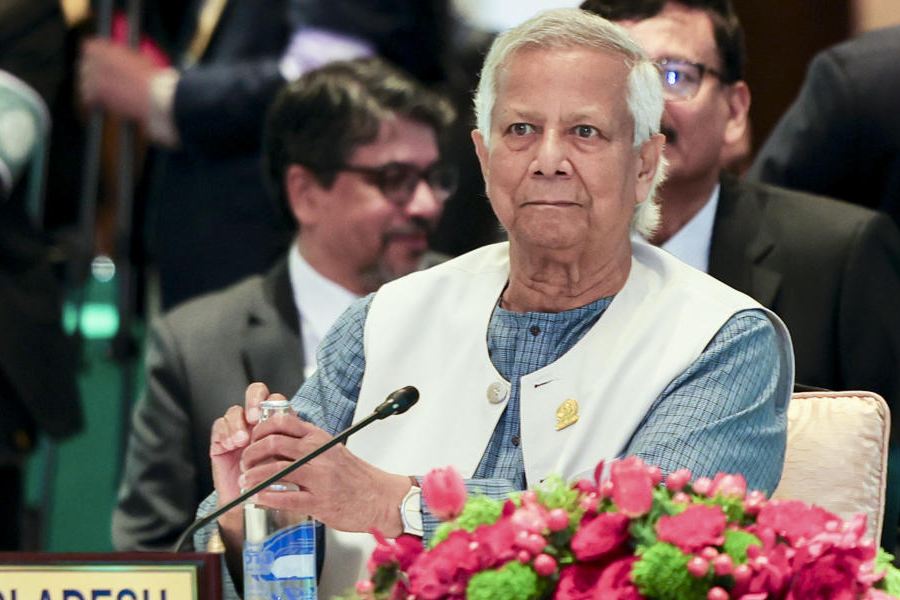The public library is no longer a sacred site for only those who seek the light of knowledge. In this digital age, libraries have shifted shape and responsibilities. Digitization — not to mention book piracy — has ensured that books and knowledge are just a few mouse clicks away. The pandemic, with its attendant restrictions on gatherings, spelt further doom for the public library. The survival of the library meant that it had to transcend its identity of being a mere repository of books to become a site of congregation where people can gather to reclaim a sense of community. This is perhaps why libraries have witnessed a resurrection at protest sites around the world. An open library has been set up near the Ghazipur border in India by protesting farmers; a ‘people’s library’ — it contained over 5,000 volumes of books as well as magazines and newspapers — had also been created during the Occupy Wall Street movement, not to mention a similar exercise in Hong Kong during the pro-democracy movement.
Yet, in spite of this change, one of the foundational functions of the library remains the same: it remains a fount of knowledge — knowledge that is feared by repressive regimes because reading, thinking citizens are known to have independent minds that help them challenge authoritarianism. That has also made libraries and, indeed, the pursuit of knowledge the target of political regimes. It is sad enough that governments are indifferent to the potential of public libraries. Some three years ago, Uttar Pradesh, a populous state and, allegedly, the new laboratory of religious orthodoxy, had only 75 public libraries, not all of which were supported adequately. New India has also seen the rise of dangerous strands of anti-intellectualism that has coincided with the political ascendancy of Hindutva. No less than the prime minister himself has asserted the primacy of physical strength over intellectual prowess, purportedly suggesting that hard work is more important than Harvard. The periodic desecration of libraries — from Nalanda in the past to, in more recent times, Pune’s Bhandarkar Institute — is symbolic of the antipathy that forces of bigotry and obscurantism harbour towards knowledge institutions.
The Post-Truth era has saddled the library with additional tasks. The circulation of books, which, in turn, leads to the dissemination of reliable information, can be a powerful deterrent against the falsities being spread through digital and electronic media. Again, books strive to restore the balance between text and image in a society that remains enchanted — often fatally — with the dominance of the visual culture. Equally important is the role of the library in democratizing learning in a deeply iniquitous society. Usually, the best of campuses are exclusive preserves of the privileged. Academia is also burdened in terms of pedagogy with a peculiar dullness, forcing people to seek out alternative and often specious sources of knowledge. By bringing books closer to readers, especially an aggrieved people, libraries are serving as the proverbial bridge to connect thought with everyday struggles.











